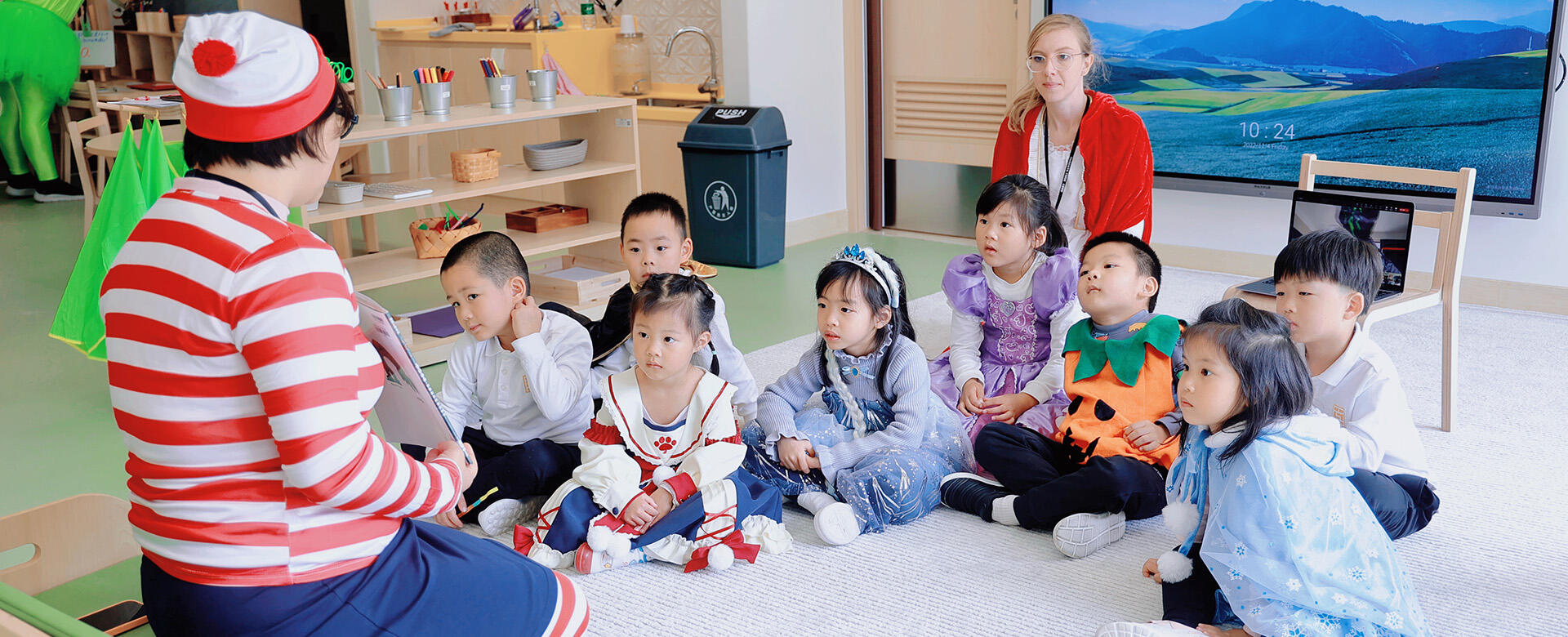

We live in a world full of sounds and listening to these sounds is also one of our channels for obtaining and integrating information. Listening is of great importance to children's language ability, reading ability, and interpersonal communication. Listening, speaking, reading, and writing are inseparable, and listening is the foundation of children's language development and the starting point for children to establish relationships with others.
This is also the reason why more and more families are beginning to pay attention to the development of their children's listening skills. However, various problems often arise in daily communication, such as children becoming distracted while talking to them, answering questions irrelevantly or ignoring them, and interrupting others before they finish speaking. At Hiba Academy Nantong, how do our teachers solve these problems and help children listen better?

激发倾听欲望
Inspiring the Desire to Listen
Interest is the best teacher. When children are interested in something, they will explore it actively and continuously, which will then stimulate their desire to listen. Often children are not willing to listen to others completely during communication, which may be because they have lost interest in the content of the conversation.
In the daily learning activities in Nursery, teachers cleverly embed listening exercises into activities that children are more interested in, such as singing, games, and reading picture books. For example, when reading the book “There Was An Old Pirate Who Swallowed A Fish” with the teacher, the children became very interested in the pirate and were immersed in the vivid storytelling of the teacher. The teachers discovered the children's interests and further extended the topic around the pirate: "After reading this book, what do you think a pirate looks like?", "If you were a pirate, what would you be like?". The children were focused on listening to every question from the teacher during the process and were fully engaged in the discussion.
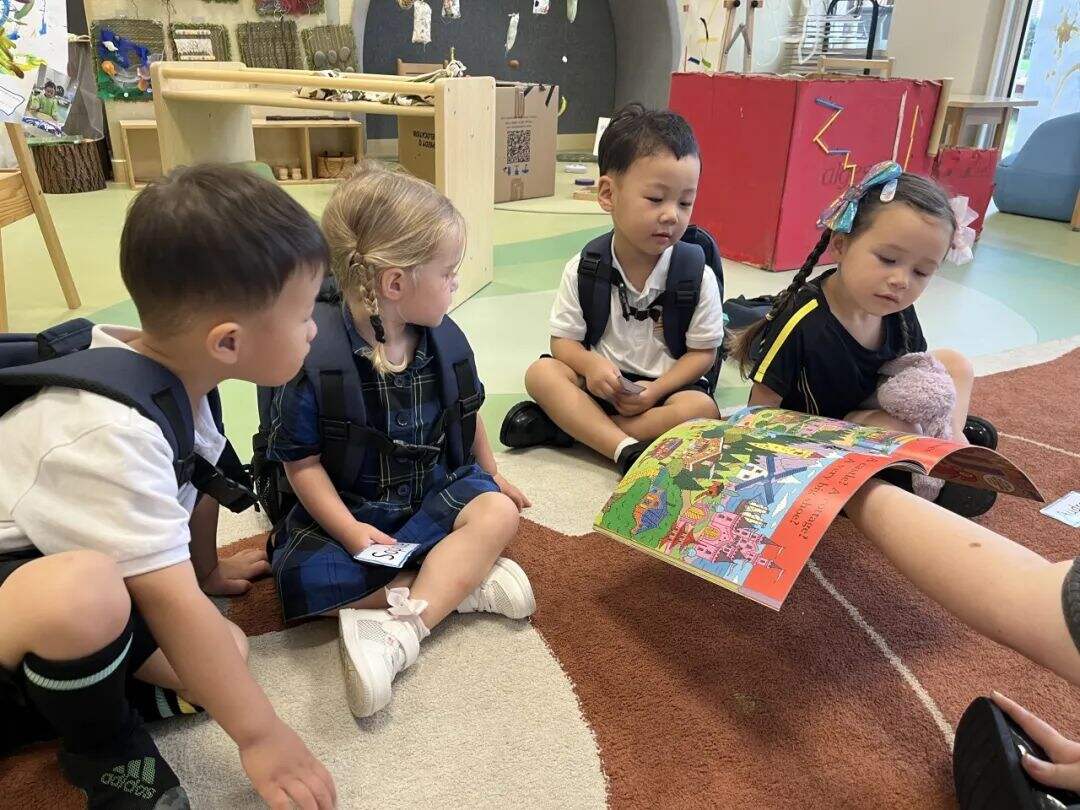
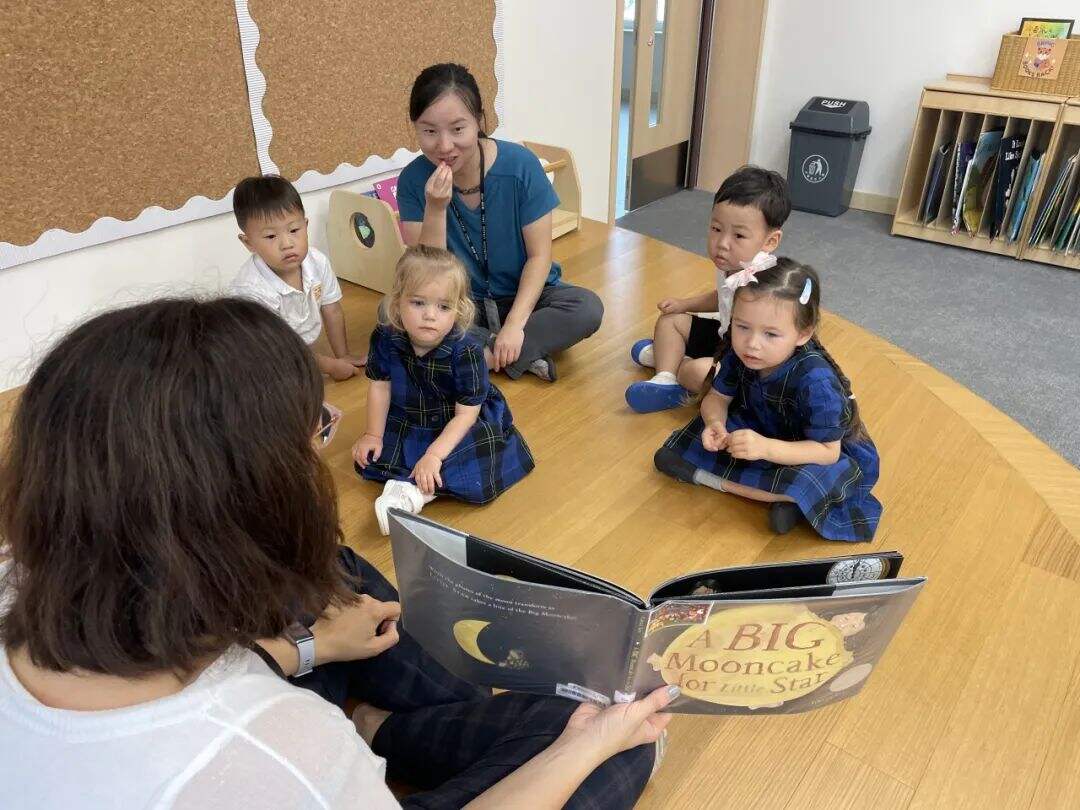

制定倾听规则
Establishing Listening Rules
When faced with different opinions from their own, children may sometimes not accept or understand them, making it difficult to patiently listen. We hope that young children can understand that even if our opinions differ, we need to listen patiently to show respect through experience. Listening should include the basic characteristics of respect and tolerance, which can help us listen to each other better.
At Nursery, when children interrupt their peers or teachers while they are speaking, the teachers do not simply stop them rudely. First, when someone expresses their opinion, the children are encouraged to ask questions or share their own thoughts, which shows that they are actively listening and thinking. Even if the questions are not directly related to the topic being discussed, this attitude and enthusiasm are worthy of recognition. However, the teacher will tell them: "I am listening to this friend share their thoughts now. If you interrupt, I won't be able to hear what they're saying. If you have your own ideas, let’s wait until this friend finishes speaking".
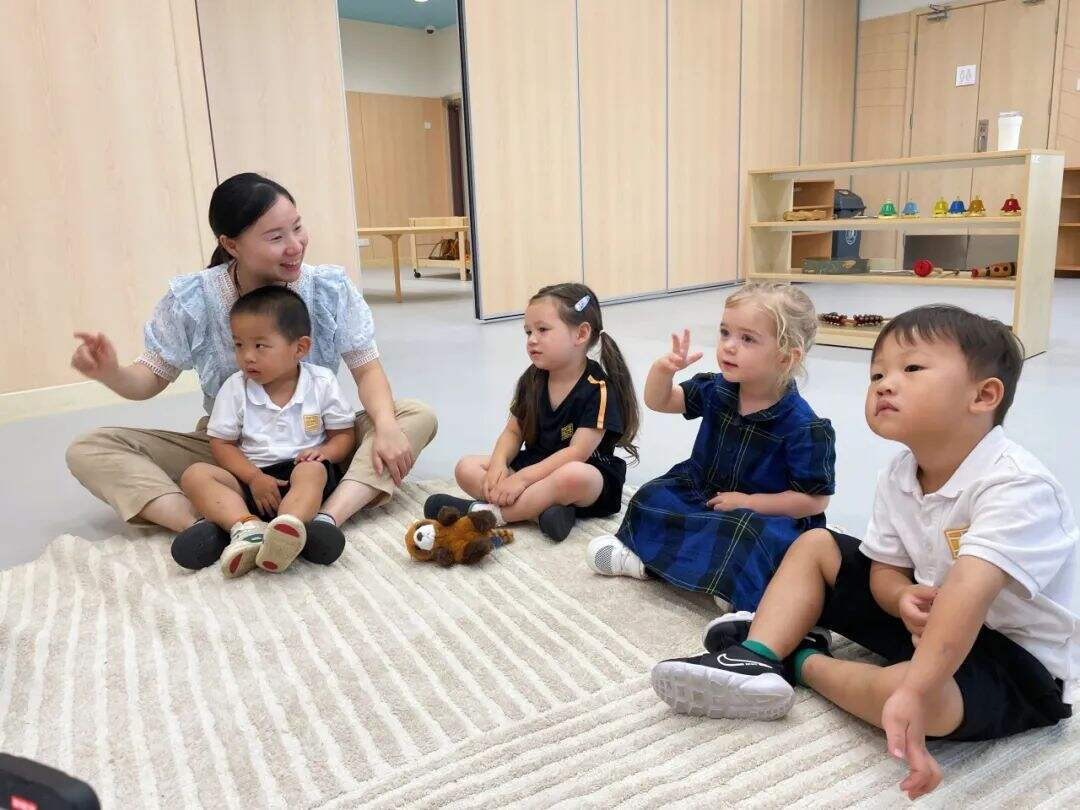

养成倾听的习惯
Cultivating the Habit of Listening
Good listening habits are not developed overnight but require gradual accumulation. Every aspect of the daily activities for children at the Nursery is an opportunity to cultivate good listening habits. Even during mealtimes in the Dining Room, teachers encourage children to listen carefully. The staff will ask, "Do you have enough? Do you want more or less?". Many children listen carefully to the staff's questions and actively respond.
During the process of listening, children should not be passive listeners. They should be active, making listening a habit, and be willing to accept and provide feedback. Once children learn appropriate listening skills and participate actively in activities, active listening will no longer be difficult to achieve. Through repeated practise, it will become a habit for them to listen actively.
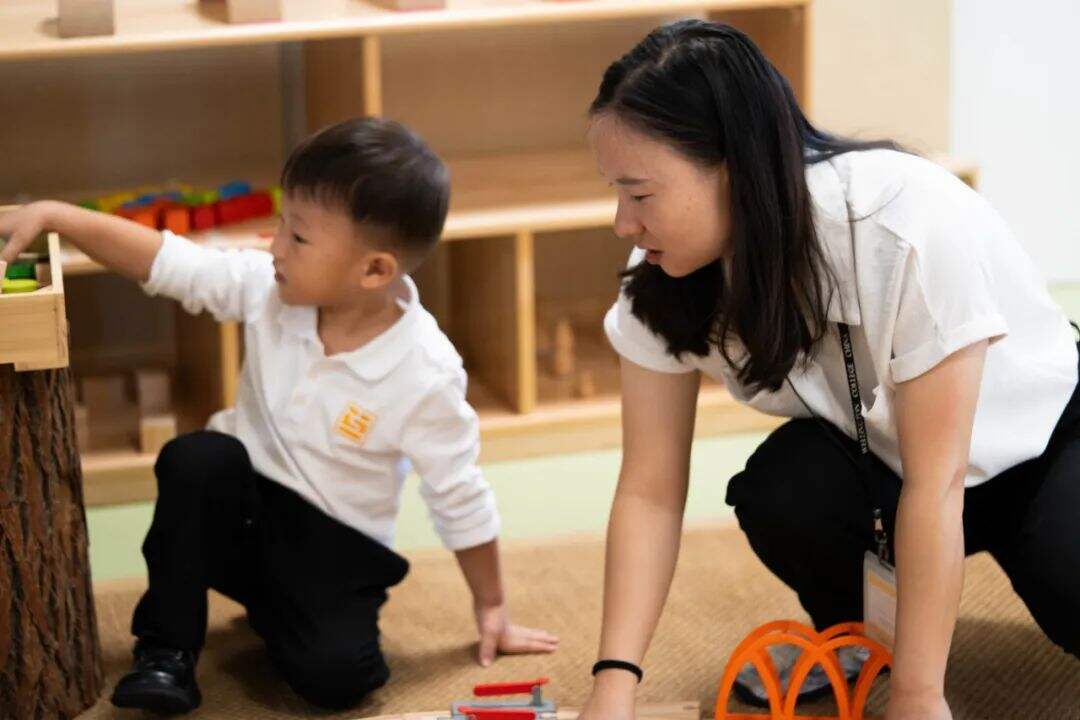
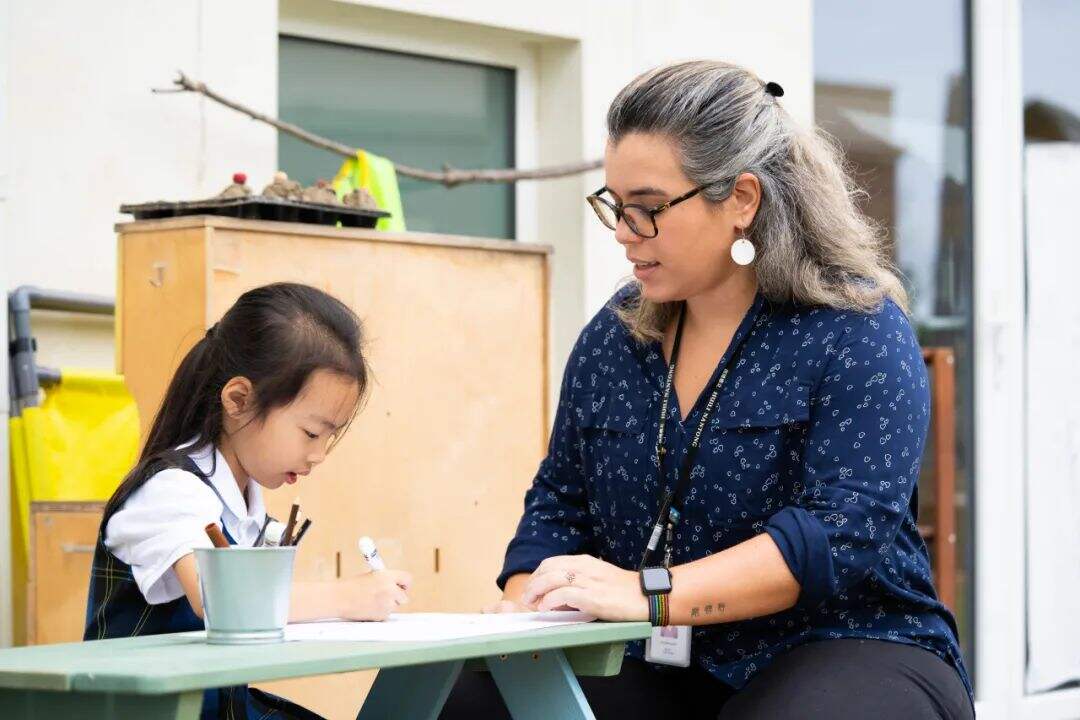

做好倾听的榜样
Setting an Example for Listening
Leo Tolstoy once said, "Ninety-nine percent of all education is self-education." In Nursery, teachers are the role models for children. When communicating with children, teachers focus their attention, maintain eye contact, and do not interrupt children's speech. We also hold parent workshops to share listening skills and strategies with parents. Through close cooperation between home and school, the power of example is transmitted from the Nursery to the home, creating a good listening environment for children together.
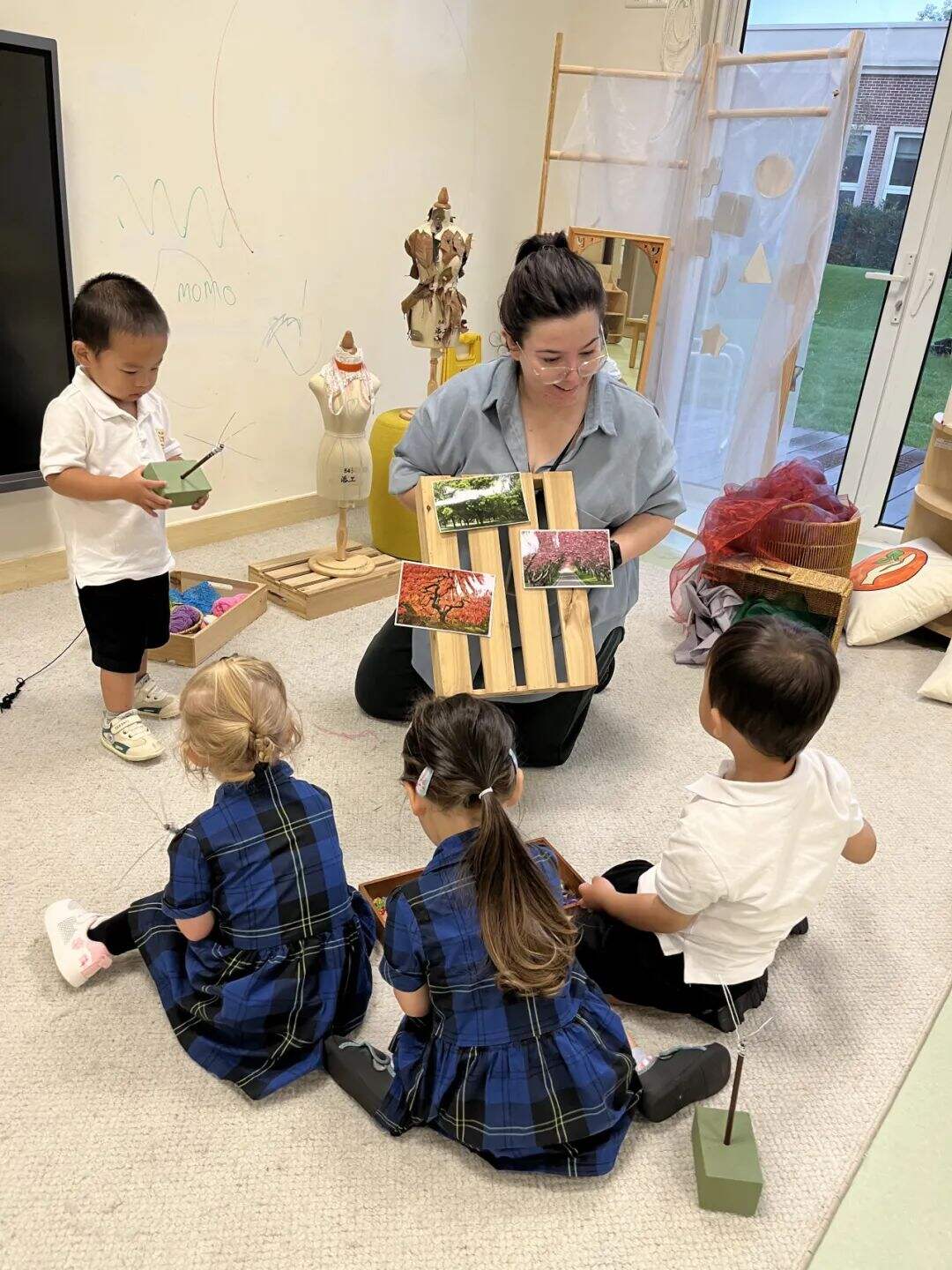
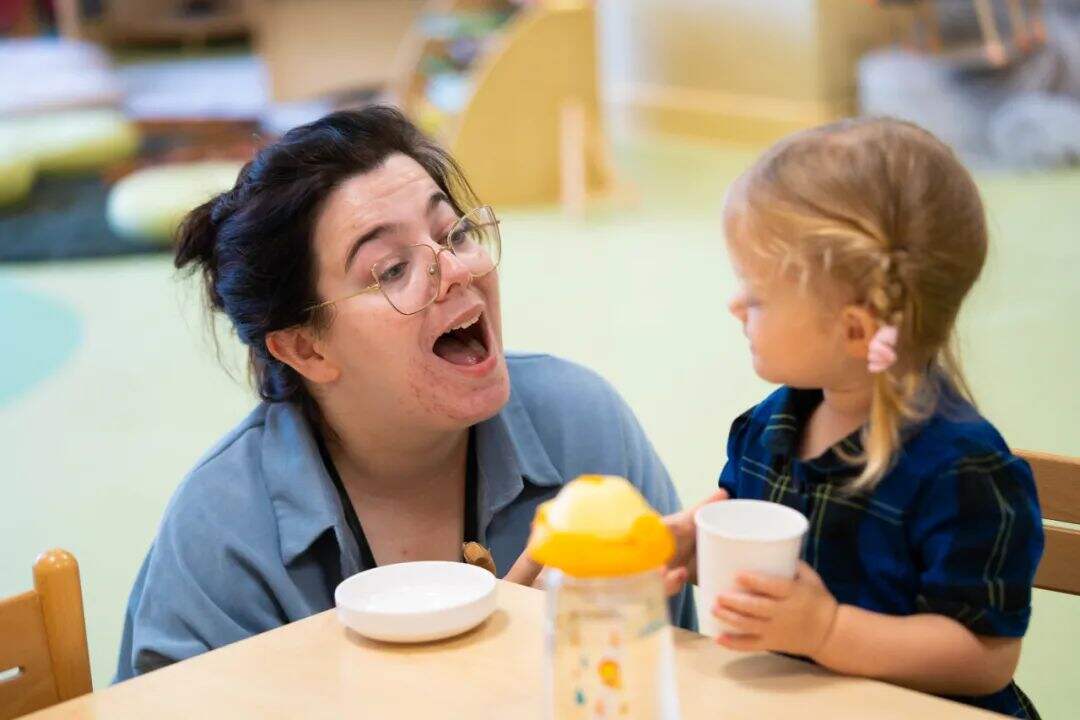

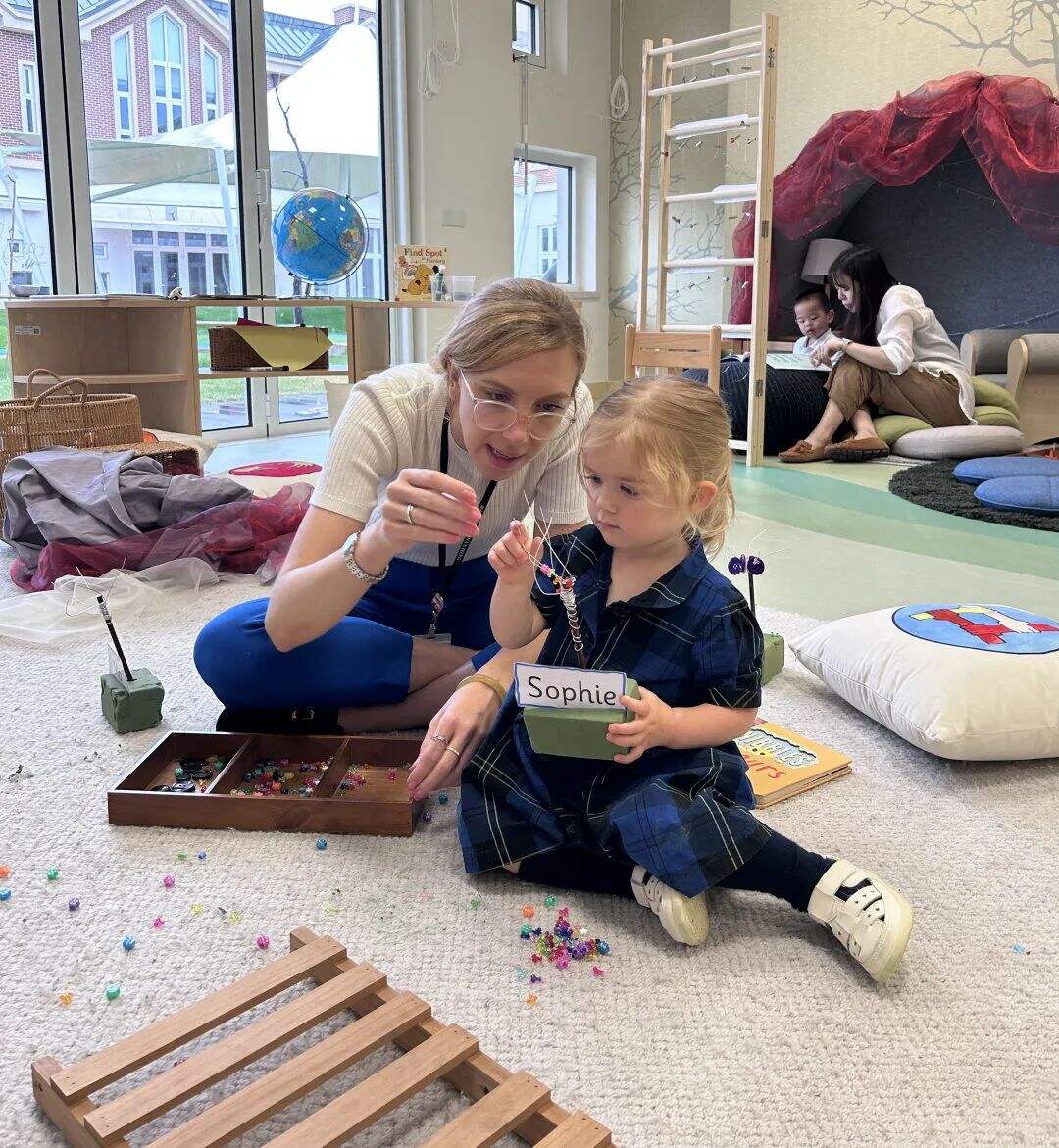
The primary way for children to understand the world is through sensory experience. Before learning to read, listening becomes a powerful link between children and the world. However, effective listening is not innate; it requires imitation and learning. At the Nursery, we hope to build the foundation for developing language expression skills by helping children master the skill of effective listening, which supports children in obtaining information more effectively and promote the development of their thinking.

If you would like to learn more about Hiba Academy Nantong, please get in touch with us using the links below. Our Co-Heads of Lower School would be delighted to welcome your family to the Nursery for a Day Pass experience so your child can participate in our wonderful learning opportunities with current Nursery students.
欢迎欢迎扫描下方二维码进行报名
Long press the QR code below
Day Pass Experience
